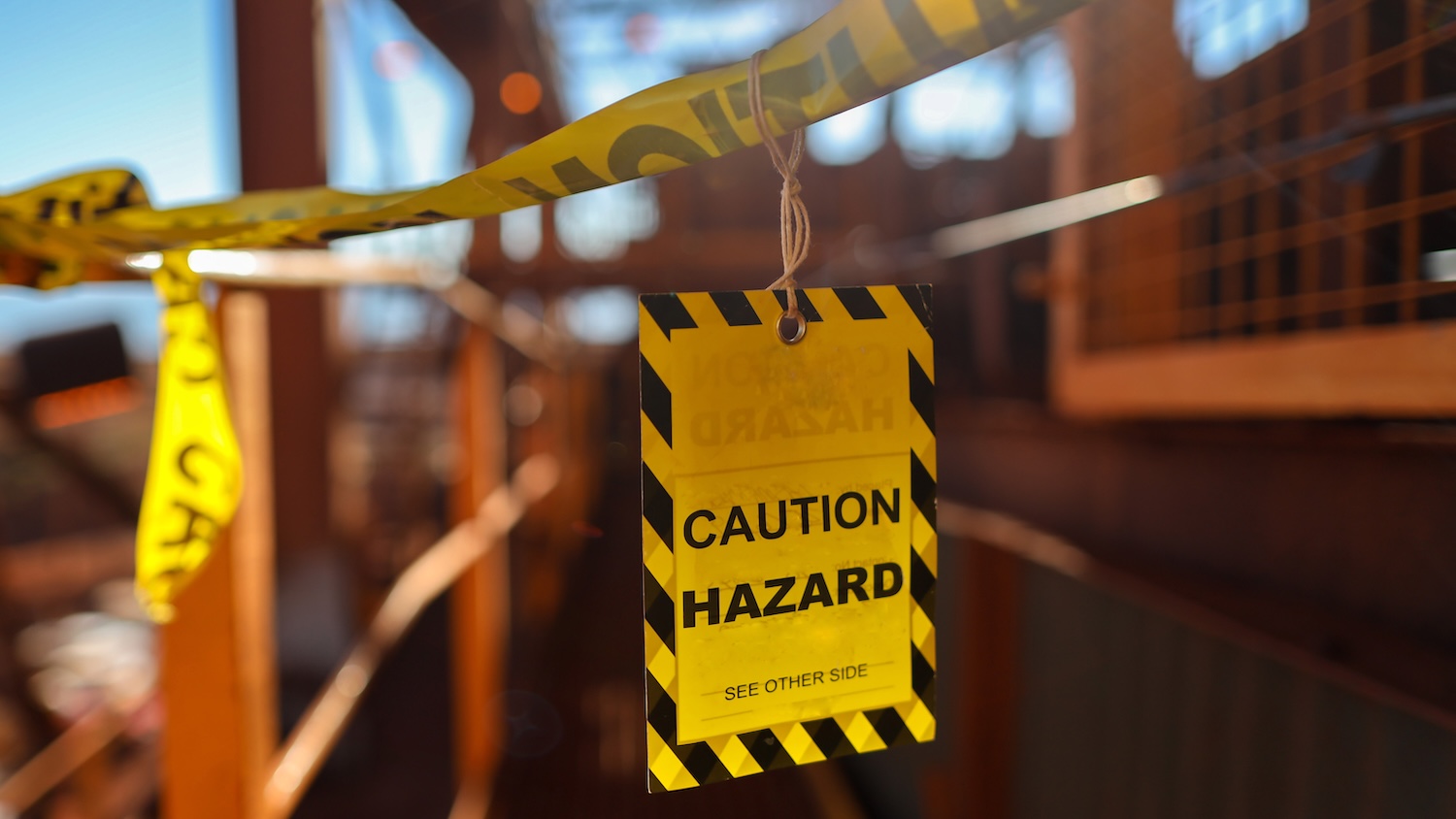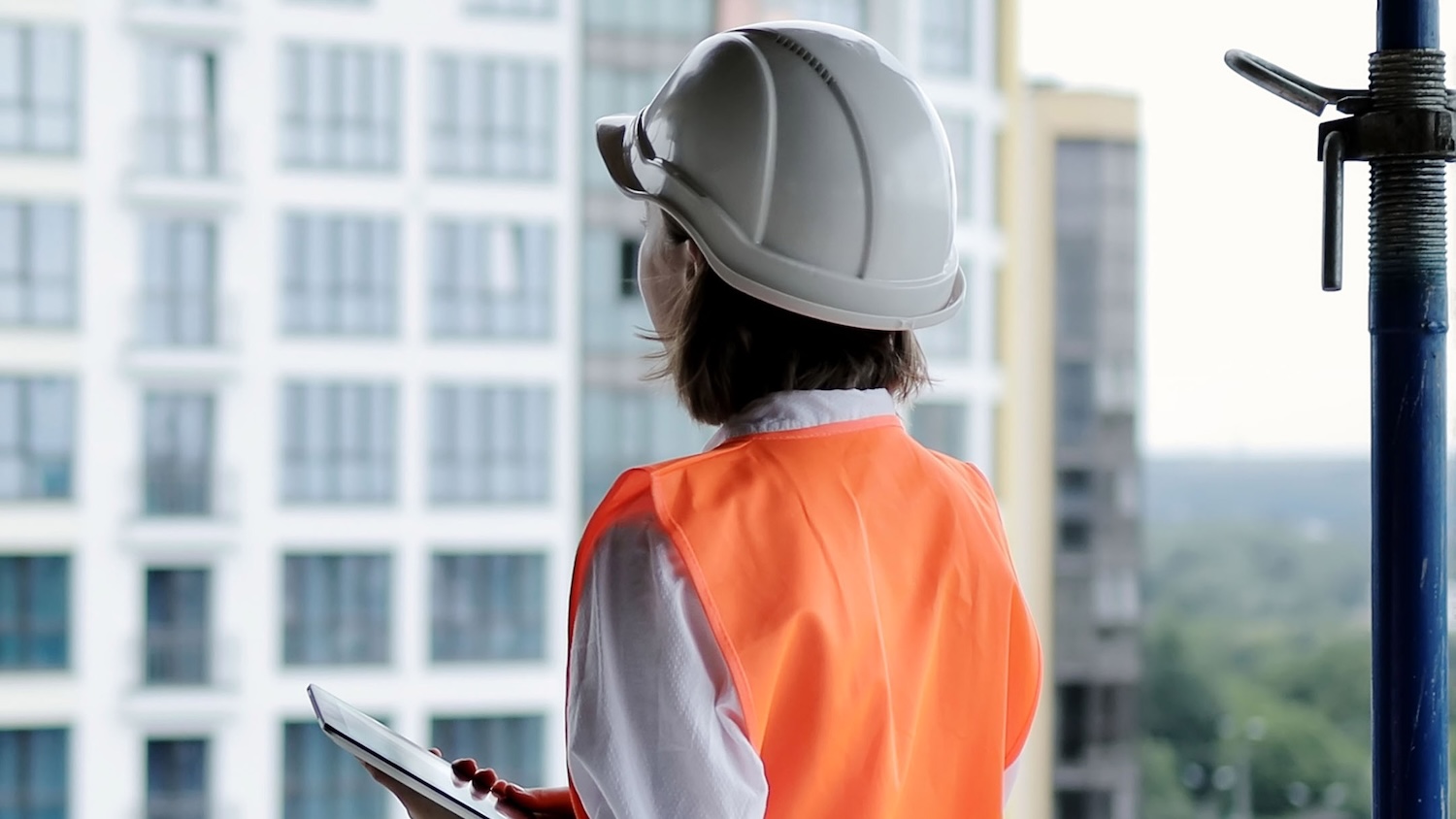
Balancing business and mental health: a personal journey
James Scott of Scotts Timber Engineering shares his personal story of managing his mental health while leading a successful family business
Construction’s statistics on suicide are absolutely shocking. On average, it is estimated that two men take their own lives every working day.
Perhaps one of the reasons why men in the UK are three times more likely than women to lose their lives by suicide is their reluctance or inability to seek support for their mental health, especially when many work long hours and spend time away from loved ones.
This can put further stress on their own mental health and wellbeing.
I grew up in a long-established family-run business and had the chance to meet people from all walks of life.
Family work culture
I watched my grandfather and father managing the Scotts brand and was always conscious that being a leader often entails high expectations and pressure from those around you.
The repeated mantra was “we all have to work hard to make this company successful”.
I recall being in school and watching my classmates plan their futures, when one of them said to me: “You’ll be fine. You have a job waiting for you.”
This immediately made me feel uneasy. Despite the fact that there is some truth to that statement, I often wondered whether I was capable of handling the responsibility that seemed to be in front of me, especially knowing I would face many different pressures.
Having worked for the Scotts Group since my twenties, it has been both challenging and exciting.
The legacy of my great-grandfather, who founded the business over a century ago, truly hit me when I became the managing director. This role represents leadership and the efforts and achievements of everyone associated with the company.
Leadership pressure
Every day, I wake up knowing I have the trust of the 140 families working for Scotts. It is an honour but also daunting.
This is because every decision I make is no longer just for myself or my family, but also for those 140 families.
This responsibility can get tough at times, especially during difficult periods such as trying to keep everyone supported and safe through the Covid-19 pandemic.
While some stress can be beneficial, it’s important to have coping strategies when it becomes overwhelming. I take at least 20 minutes every day to relax and reflect
Despite the pressures, I am grateful for this opportunity.
I am open to admitting that I have experienced burnout, and I am sure many people will have had a similar experience.
In the past few years, we have all been through Brexit and a rollercoaster of global instability, plus Covid-19, and the pressures of materials shortages and sky-rocketing cost of living have placed many people in difficult positions.
So, if my personal experience can help even just one person, I am happy to share it.
I have found myself working to the absolute limit and hoping my decisions are right.
Responsibility to others
When we are relatively anxious and stressed, those feelings are often picked up by those around us too, especially our children.
So, I understand the importance of taking care of my mental health and wellbeing to continue performing at my best and provide a good role model to my children.
I encourage others in similar positions to do the same. I have watched my grandfather and father experience stress and anxiety. I hope to be the one who can normalise the idea of seeking help and speaking to somebody when something doesn’t feel right.
Ten years ago, my wife Kate lost her brother to suicide. This was a devastating time for all the family. It was also a very challenging time for me, as I was appointed as the managing director of my family business at a similar time.
Coping strategies
I often wonder whether there is more we could do to encourage others to seek help when they need to.
Education and training are key to eliminating the stigma of reaching out. I agree that it is often easier said than done, but we should always understand the importance of prioritising our mental health.
While some stress can be beneficial, it’s important to have coping strategies when it becomes overwhelming. I take at least 20 minutes every day to relax and reflect.
Commuting time can be useful – it helps me clear my mind and reminds me to feel grateful for my team and everything I have.
I try to stay present in the moment, whether I’m at work as the managing director of Scotts or at home as a son, husband and father.
One of the best ways for me to de-stress was introduced by my wife – go for a long walk. I recommend going out and enjoying nature: the grass, trees, birdsong and natural surroundings.
Take yourself away from the hustle and bustle, and let yourself put everything aside and focus on our beautiful world.
Helping others can also be a powerful way to cope with stress. Checking in with a colleague and asking how they’re doing can make a big difference.
Sometimes, all it takes is making that first move to ask how they are. Focusing on other people’s needs is a good way to get out of our own heads and feel better about life.
Please speak to someone if you ever feel alone or if something doesn’t feel right.
The Samaritans provides support 24 hours a day on 116 123.
For those in the timber and construction industry, the Lighthouse Club provides the Building Mental Health online information portal to help companies develop a positive mental health culture. This includes a five-step framework to better mental health, with free resources to support the construction community.
The Lighthouse Club also provides a confidential 24/7 support helpline on 0345 605 1956 to anyone in the industry who needs financial or wellbeing support.
Mental health support and advice for CIOB members, past members and related family is available through CIOB Assist. CIOB, in partnership with Anxiety UK, also provides wellbeing support.
James Scott is managing director of the Scotts Group.
Comments
Comments are closed.







Well done James. It’s a tough journey. I’ve been there too. So important to recognise the signs of stress and take action to distance ourselves from it. Keeping your head down and just pushing on regardless is not the answer. The best single piece of advice I had was to smile. By smiling, your brain is fooled into thinking you’re happy and therefore stops producing the stress hormones. So simple, and so effective. Even if you do feel a bit weird with a broad smile on your face whilst driving in traffic :).